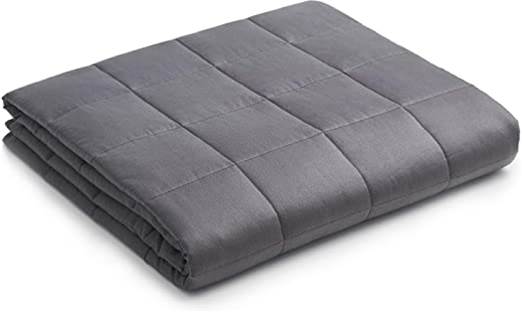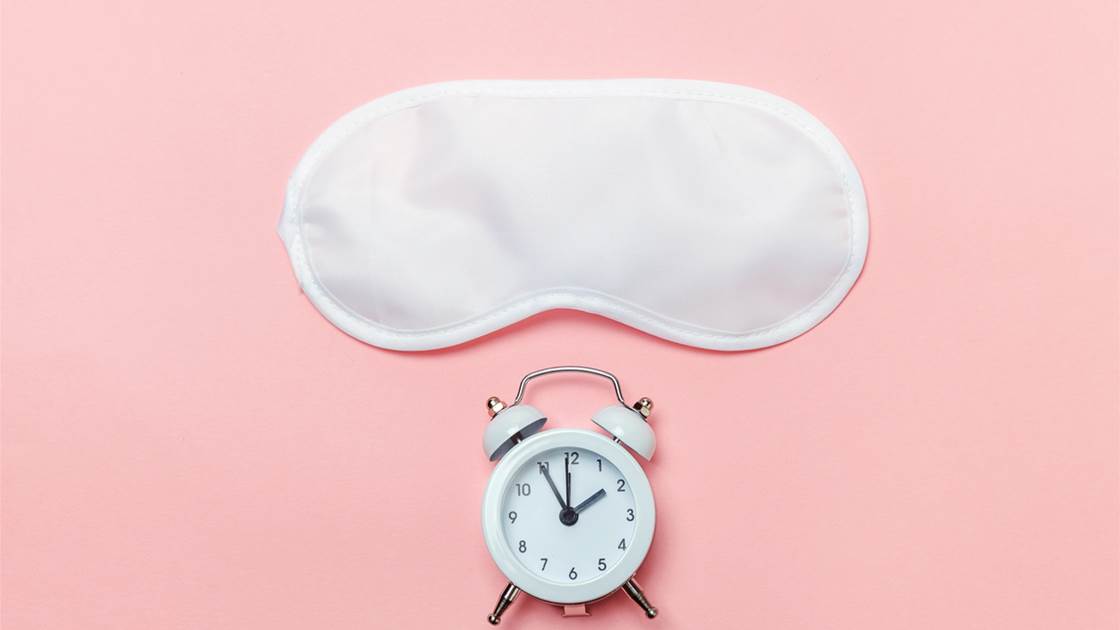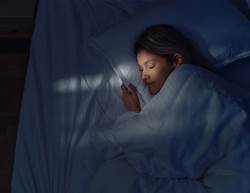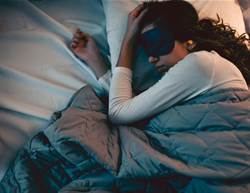Lori Bertsch falls asleep within minutes of her head hitting the pillow. But at some point in the middle of the night, almost every night, the 53-year-old jolts awake, her mind racing.
“Falling back to sleep after I wake up is much tougher,” she says, confessing she can’t stop thinking about things going on in her law practice or her personal life, topics that keep her up as she tries to will herself back to dreamland.
Bertsch is far from alone. Statistics from the National Sleep Foundation show the average woman age 30-60 sleeps just 6 hours and 41 minutes each night, yet most people need 7-9 to feel rested. And women over 40 may be especially likely to fall short in terms of quantity and quality of sleep.
“There's a decline in deep sleep, or deep non-rapid eye movement sleep, that starts the mid-30s, and it progresses as you get older,” says Dr Matthew Walker, who published research on the subject earlier this year. “By age 50, you only get 50 per cent of the deep sleep that you did when you were a teenager.”
While both men and women struggle with sleep as they age, women tend to complain more about insomnia - meaning they can't fall asleep at all or have a hard time getting back to bed after something rouses them - says psychiatry and behavioural science professor Michael Vitiello.
While you can't change biology, there are a number of steps you can take to ensure that you get the best rest possible.
Try therapy
Insomnia in women is often linked to anxiety, and that’s where cognitive behavioural therapy (CBT) comes in: It's designed to directly tackle the issues that are keeping you up at night. Your therapist may also work with you on things like sleep hygiene and relaxation techniques. Vitiello calls CBT the “gold standard” for insomnia treatment, noting it’s proven to improve sleep, particularly for perimenopausal and post-menopausal women.
Whether or not you opt for therapy, getting to the root of whatever's stressing you out is crucial: Bertsch, for instance, figured out that issues in her law practice were weighing on her life, so she cut back and turned to teaching, which has positively impacted her sleep.
Practice mindfulness
Researchers took a group of middle-aged adults and assigned half of them to learn about mindfulness exercises, including meditation and other means of being focused on being “in the moment." The other half took a sleep education class focusing on healthier sleep habits. At the end of six sessions, the group that focused on mindfulness fared better, reporting less insomnia, fatigue and depression.
Seek help for hot flushes
Hormonal shifts play a major role in why women struggle to sleep, says Dr Shalini Manchanda. That can mean poor sleep quality in pregnancy - and no, it’s not just the baby bouncing on your bladder - as well as disrupted sleep as you approach menopause. “Women who are bothered by hot flushes are the most likely to present with complaints of insomnia and fragmented sleep,” Manchanda says.
Seeking hot flush treatment can be the key to better sleep, as “your body temperature needs to drop to get to sleep,” Walker explains. Talk to your doctor about your options, which might include oestrogen therapy, antidepressants or anti-seizure meds. Of course, dialing down the room temperature is always a good idea. Your bedroom should be no warmer than 68° for optimal sleep.
Get screened for sleep apnoea
Although it’s a more common complaint lodged by middle-aged men, women can also suffer from sleep apnoea, a condition in which you stop breathing for a few seconds at a time during the night. If your partner says you snore - or if you wake up in the morning feeling exhausted despite logging plenty of sleep time - talk to your doctor. Untreated sleep apnoea has a detrimental effect not just on sleep but on your overall health.
Treatment should help you feel more rested, as well as protect you from related conditions (like high blood pressure). Bonus: Research has shown that older adults who have sleep apnoea and get treated for it may be able to stave off memory decline and dementia by up to 10 years, says Walker.
And if you fancy some celebrity assistance, Keith Urban has just recorded a one-hour lullaby for insomniacs.
Drift into sweet dreams with our favourite sleep essentials:
1. Ancient Minerals Magnesium Bath Flakes Ultra with MSM, 750g
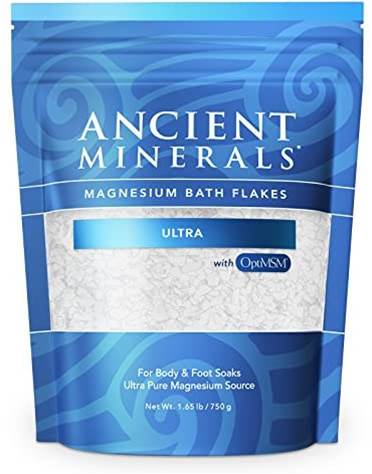
2. Anti Ageing Sleep Mask with Copper Ion Technology by the Sleep Fountain
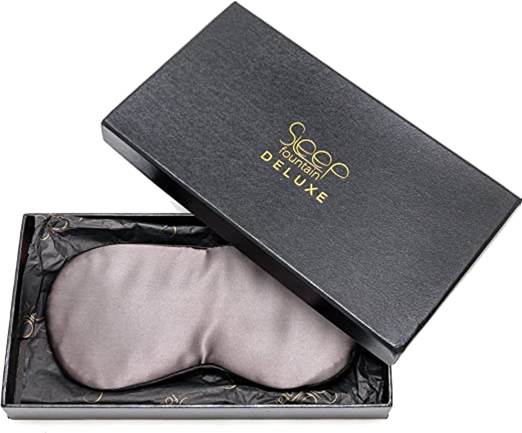
3. Sleep Headphones
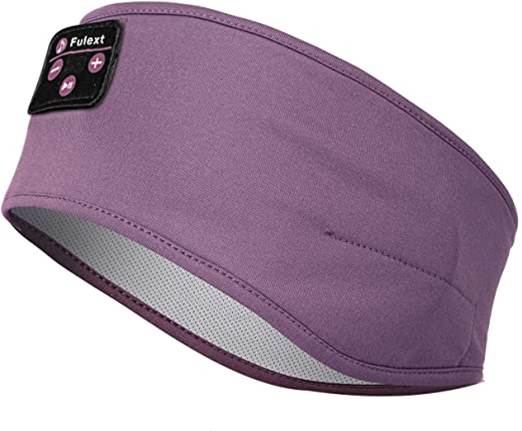
4. Sleep Monitor
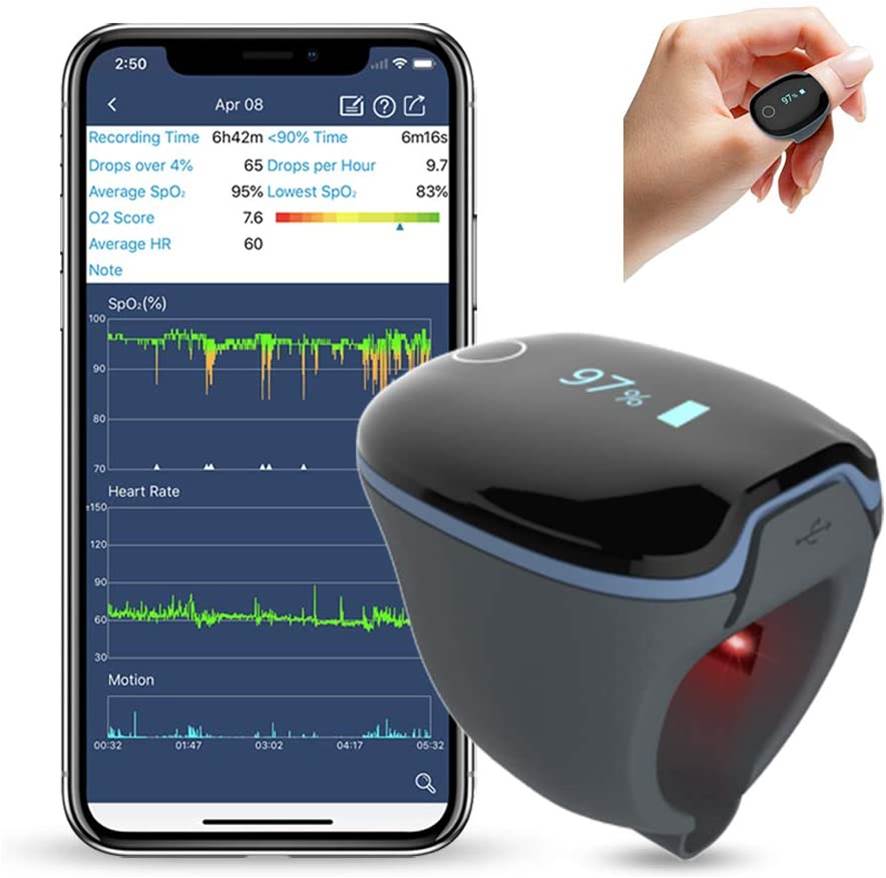
5. Weighted Blanket
